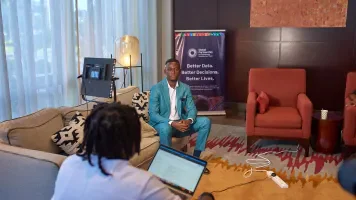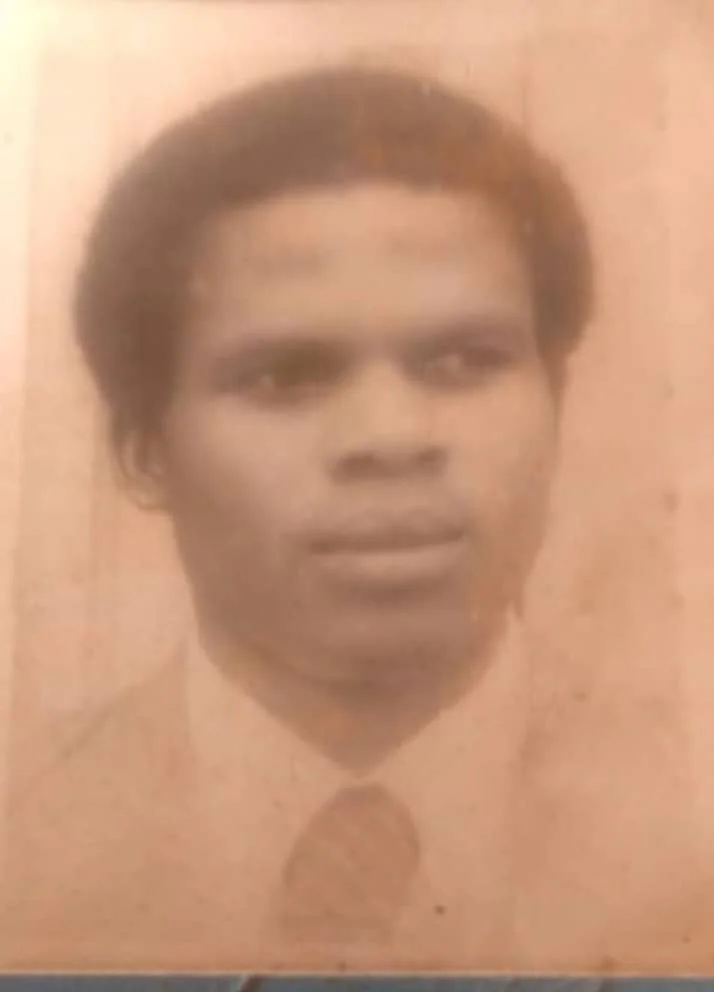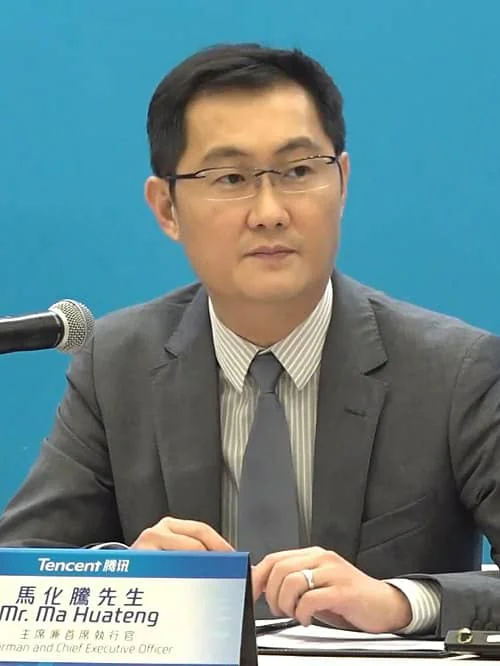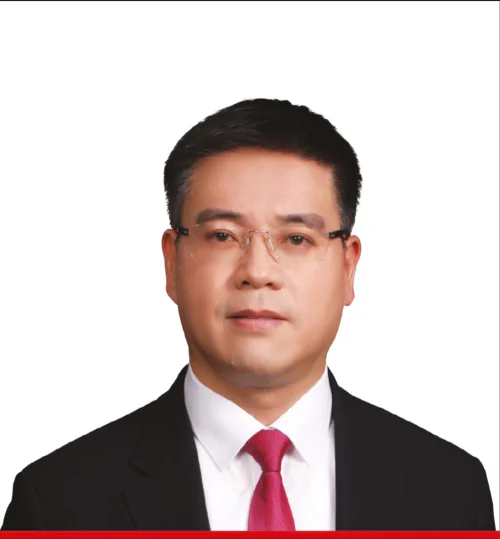2027: Atiku’s Influence Rises in ADC as Obi Faces Inclusion Concerns
As the 2027 general elections draw near, reports suggest former Vice President Atiku Abubakar is consolidating control over the African Democratic Congress, positioning for a presidential bid against President Bola Tinubu. Insiders claim most party structures now align with Atiku, while Peter Obi’s camp raises concerns over exclusion from key decisions. The ADC leadership denies any takeover, promising a level playing field for all aspirants, while the APC dismisses the opposition coalition as divided and incapable of defeating the ruling party.
With the 2027 general elections on the horizon, former Vice President Atiku Abubakar’s reported political maneuvers appear to be reshaping the African Democratic Congress (ADC), while Peter Obi, the Labour Party’s 2023 presidential flagbearer, is said to be facing challenges in cementing his influence within the party’s coalition.
According to insiders within the ADC, Atiku is believed to have funded strategic moves to gain control of the party’s structures ahead of a possible bid to unseat President Bola Tinubu. Sources claim that most of the ADC’s state chapters, zonal bodies, and national leadership now tilt in Atiku’s favour.
However, ADC interim National Publicity Secretary, Bolaji Abdullahi, denied any takeover claims, insisting the party remains united in its mission to defeat the All Progressives Congress (APC) in 2027 and that all aspirants will have a fair platform.
While Atiku, Obi, and former APC presidential aspirant Rotimi Amaechi have all shown interest in challenging Tinubu, some within the coalition allege that Atiku’s early entry and resources have given him a significant advantage. One party source claimed over 70% of the ADC’s structure is now loyal to Atiku, with leadership changes reportedly being pushed in states where resistance exists.
In July, ADC’s 2023 presidential candidate Dumebi Kachikwu accused the David Mark-led interim leadership of positioning the party for an Atiku candidacy. Similarly, a leaked memo from the Obidient Movement to Peter Obi, dated July 29, raised concerns about the exclusion of Obi’s loyalists from key decision-making within the coalition. National Coordinator Tanko Yunusa, in confirming the grievances, described the situation as “a work in progress” and maintained that Obi is not struggling for relevance.
Party leaders, including ADC Board of Trustees Chairman Ibrahim Mani, insist there is no division, stressing that their focus remains on building a strong opposition platform rather than on candidacies at this stage.
The APC, meanwhile, has dismissed the coalition’s chances. Its Director of Publicity, Bala Ibrahim, described the opposition bloc as “a coalition of strange bedfellows” lacking unity of purpose and the capacity to dislodge the ruling party.
Share
What's Your Reaction?
 Like
0
Like
0
 Dislike
0
Dislike
0
 Love
0
Love
0
 Funny
0
Funny
0
 Angry
0
Angry
0
 Sad
0
Sad
0
 Wow
0
Wow
0











